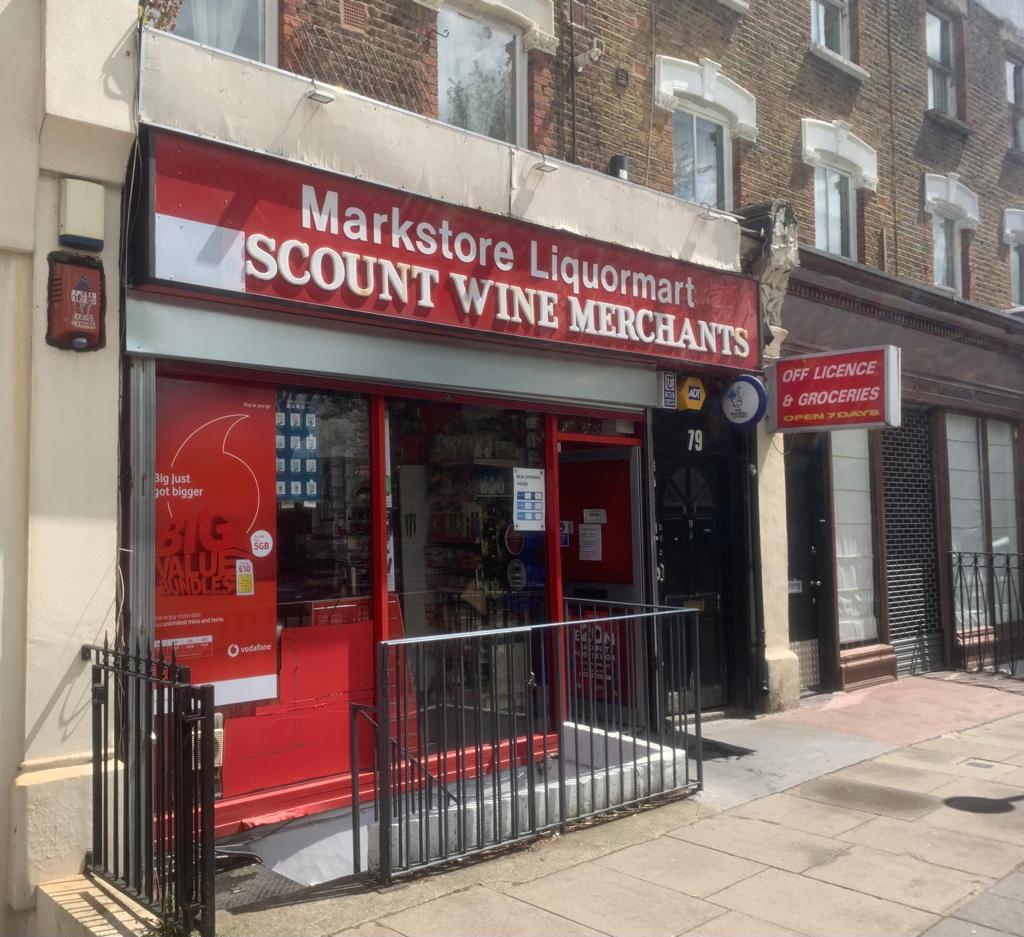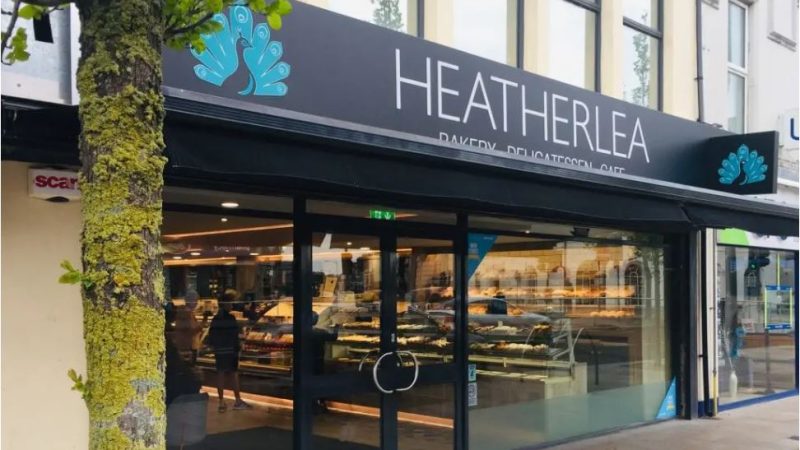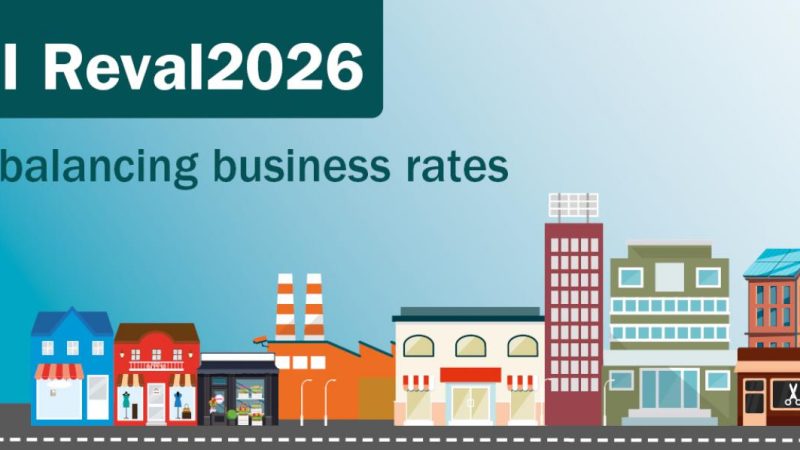Not ‘Open All Hours’ – 6,000 UK corner shops could close in pandemic aftermath

A staggering 6,000 UK corner shops could close in the aftermath of the pandemic, a retail expert has warned.
Despite independent convenience stores playing a pivotal support role to local communities during the pandemic, their future looks bleak.
Thousands of owners are struggling so much that they are now working double the hours of the recognised working week – and paying themselves as little as under half the minimum wage, it is claimed.
Family run businesses
The number of convenience stores in Britain, mostly independent family run businesses, is already reckoned to have fallen by around five percent over the last five years, to just under 47,000.*
Some 3,000 stores have closed their doors in the UK since 2012 and Gerard Rego, founder of new B2B ecommerce platform Subscribbe, predicts that more than double that – 6,000 plus – could close within the next five years.
The stores are being squeezed by increasing competition from subscription services, ‘local’ supermarkets and the knock on effects of Covid 19.
‘Doomsday warnings’
The doomsday warnings come from retail consultant Rego who has spent 12 months investigating the convenience store sector in the UK.
Rego travelled the length of the country talking to convenience store owners – and was horrified by what he found.
Rego said “These businesses are in dire trouble and their future is beyond bleak. I would expect that unless things change dramatically, we will lose at least 6,000 in the next five years.
“We encountered cases where in order to keep going, some family members are working 12 hour days, seven days a week and paying themselves just £4 an hour. That’s the worst case we encountered but I think thousands of people in the sector are getting well under minimum wage.
Unsustainable
“Their businesses are unsustainable with such narrow margins. The whole sector is in critical condition.
“The great irony is that the pandemic demonstrated better than ever how essential these operations are to communities, to vulnerable people, to people who don’t have the resources to travel. ”
Saroj Vasant, 70, has been running her convenience store in Queens Park, North West London, for 32 years.
Despite being past her retirement age, she still works at least 60 hours a week, seven days a week. And remarkably she opens, herself, 365 days a year, opening at 8am and working till 10pm with just a few hours break in the middle of the day if she can get cover, often relying on family volunteers. Yet her income from all this is well under minimum wage based on her marathon hours.
Getting worse
Vasant said “Since we started there has been more and more of a squeeze on convenience stores like ours. And it’s just getting worse. Within ten minutes of us now there are two Tescos, two Sainsbury’s, two Co-Ops, an Iceland and a Marks and Spencer. But people still do need convenience stores as they want to be able to pop out if they realise they are out of milk for their tea and they don’t want to go ten minutes to Tesco.
“But it’s very very hard for us and it’s only getting harder.”
Rego also agreed that the crisis has been brought about by the squeeze effect over the last decade from the trend for supermarkets to open smaller stores – like Tesco Extra and Co-Op locals – but to keep the same prices that their massive national buying power brings.
Overheads
“The independent stores are paying much more for the same products than the supermarkets do. They can be paying more than double on a unit and because they are being charged so much for their stock, they have to cut their margins to the bone to keep customers coming at all.”
Despite his grim prophecy, Rego claims that he has created a solution that can save the convenience store industry – and keep these cornerstones of communities open for years to come.
Subscribble
Rego will be launching Subscribbe – a wholesale ecommerce platform that will enable independent convenience stores to compete with the big supermarkets.
Using a wholesale subscription marketplace model, Subscribbe’s ecommerce ecosystem connects manufacturers directly to stores. This enables stores to buy direct from manufacturers (OEMs), cutting out costly middlemen and wholesalers.
The platform creates a corner shop conglomerate – bringing thousands of individual stores together so they have more buying power – meaning they can buy at wholesale prices without having to purchase in wholesale volume.
Corner shop conglomerate
The technology platform uses proprietary design, pricing fulfilment and logistics algorithms & technologies to connect independent warehouse and logistics operator.
Rego hopes that when Subscribbe is launched in Q4 of 2021 – he will have an initial 150 stores signed up across London. His ultimate goal is to have 5,000 stores signed up in the UK by 2025 – saving 45,000 jobs and boosting the UK economy by £1billion.
Andrew Goodacre, chief executive of the British Independent Retailers’ Association agreed that the problem must be addressed now.
Compete on price
Goodacre said “The independent convenience store sector was already being hit by the proliferation of smaller supermarkets like Tesco Extra, Co-Op and and Sainbury’s as well as app-based home delivery services even before the pandemic – and Covid only increased their problems as more people went back to doing one big weekly supermarket shop rather than regular smaller shops locally.”
Goodacre added: “It could really help to be able to compete better on price. If they can charge closer to the supermarket price for key items like milk and bread then people will be more likely to use them. And if they pop in for milk they will then buy a couple of other items too.”
*number of convenience stores in the UK







